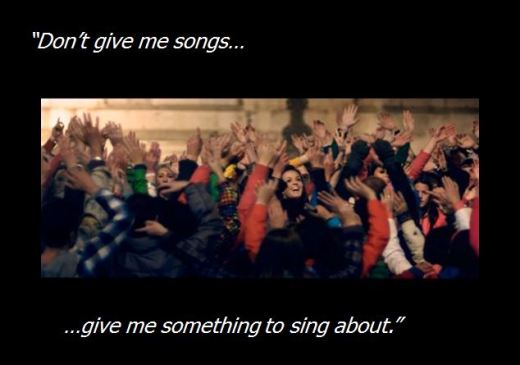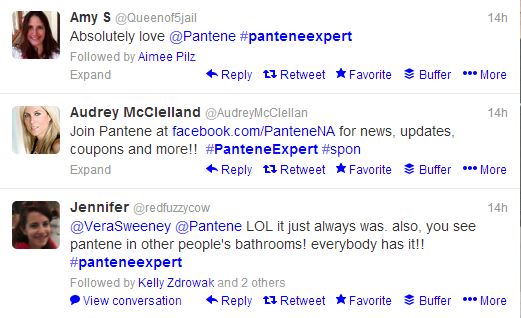A few months ago a well known ‘social media guru’ on Facebook said I was a hateful and fearful person, just because I disagreed with them on a particular social issue. Actually, they didn’t single me out, they said that anyone that disagreed with them was hateful and fearful and intolerant (the irony of their intolerance was blissfully lost on them). Then for good measure, another gooroo took the opposite stance on this same issue, and said that anyone that disagreed with them was hateful and fearful. So we were screwed either way.
Over the last year or so, I’ve noticed an increase in people behaving badly online. What’s most troubling to me is, a lot of this bad behavior is coming from ‘social media experts’ that advise companies on how to deal with customers online. Consultants and agencies that train companies on how to respond appropriately online, then turn around and break their own rules when they get on their personal social media accounts.
Case in point, the recent episode with Justine Sacco’s tweet about her trip to Africa. It was an incredibly bone-headed and immature tweet to leave, and it was pretty obvious as soon as she did that she was going to get canned, and she did.
What wasn’t expected was the near mob-mentality that erupted on Twitter especially. It was as if her detractors on Twitter (and at this point there were many, mostly due to her own words) were waiting for a sense of closure that would only come from her being fired. The longer it went without seeing her termination, the louder and angrier the mob got. As my friend Ann Handley said:
I’m not trying to be sanctimonious here – I understand it’s human nature to grab a pitchfork and a club and join the march.
Or is it? Can’t we expect more from an evolved, networked, smarter world? Aren’t we better than that?
The challenge for companies is to treat content publishing as a privilege—to respect your audience and deliver what they want in a way that’s useful, enjoyable, and inspired. But the larger challenge for humans is to treat publishing with a similar respect—understanding the responsibility and power than comes with the ability to communicate with a global audience.
Additionally, I think that those of us that want to instruct companies on how to properly engage customers online should be held to a higher standard. That means if you want to be noted as an expert in helping companies engage customers online, you lose the right to then go on Facebook and call Obama/Romney an asshole just because you’re a Republican/Democrat.
It means you have to eat your own dog food.
I’ll be the first to admit that I have slipped up a time or two and have discussed politics online. I think most of us have, and there’s nothing wrong with that. But if I start attacking people online simply because they support a different political party, I really do forfeit the right to call out brands for behaving badly. We cannot hold brands to a higher standard than we hold ourselves.
We always talk about how brands need to be ‘more human.’ Sometimes we ‘humans’ do too.



















